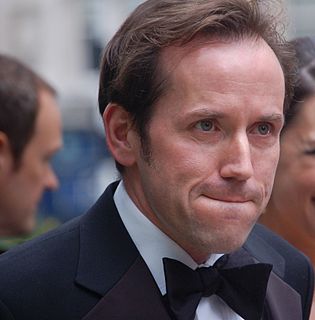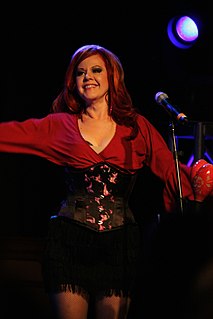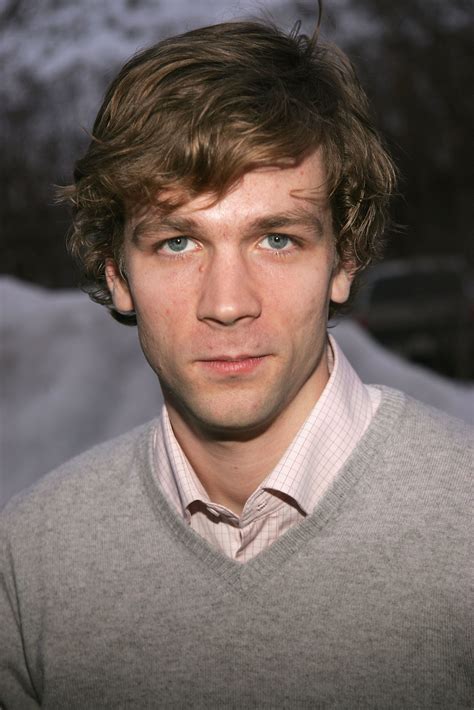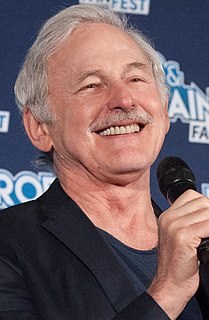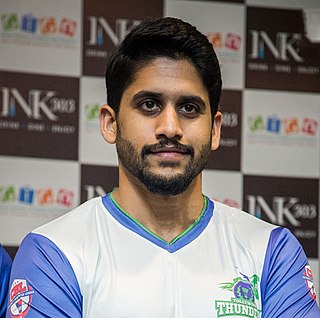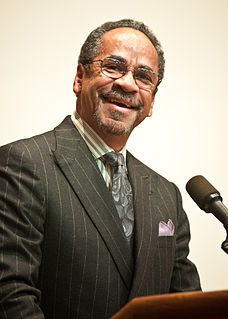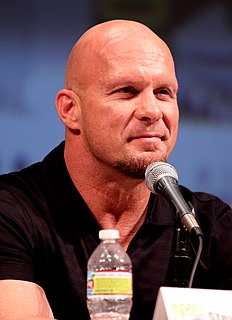A Quote by Terry Zwigoff
A lot of things I have turned down ended up being a big embarrassment. Like that script, 'The Beaver.' I thought that was one of the worst scripts I had ever read. But everyone said, 'Ooh it's on the Black List.' Yeah, well, good for it. They're a bunch of idiots. I saw the final film, and there were no surprises.
Related Quotes
I feel like I turned down a lot of things that I wish I hadn't. But you never know when you're younger. I don't have regrets about certain things I turned down. Those films would have required things of me that would have been challenging, and they ended up being really good movies. But I was never a careerist, I never thought in those terms. I'd be like, "Oh, I'm tired. I don't want to work."
I had to audition for Fandango. When I read the script, the role that was interesting - so everyone thought - was the role that Costner played. He was the cool guy. And I read the script, and my representation at the time said, "That's the role you should read for." And I was like, "Really? How about I read for this other role." And they went, "Well, you're not going to get that role."
When you start out as an actor, you read a script thinking of it at its best. But that's not usually the case in general, and usually what you have to do is you have to read a script and think of it at its worst. You read it going, "OK, how bad could this be?" first and foremost. You cannot make a good film out of a bad script. You can make a bad film out of a good script, but you can't make a good film out of a bad script.
I was named on the worst-dressed list at the Grammys a couple of years ago. I had on Tom Ford, and I thought it was the most amazing dress ever. But I got put on the worst-dressed list. Luckily, at least I was pictured alongside Adele, J-Lo, and whoever - all these superstars who were also called worst-dressed - so that was a good thing!
I've read a hundred fantastic scripts that didn't pan out as films, and I completely put that on the directors. I've also read some mediocre scripts that have ended up being amazing, and I credit that to the directors. They're the storytellers. If you don't have a good storyteller, you really have nothing.
What helped me get the part was that I turned it down. When I read the script, Venus was just a black guy who came in wearing a big coat and a hat and making jive talk. I'd been up for so many of those! I'd had enough of caricatures, what white writers conceive blacks to be. I told the producer I wasn't interested in doing anything like that for three or four years. He said that it was just a pilot, that Venus would be given a human dimension and would be quiet off-the-air. I wanted that input. I thought that side was as important as the comic side. For 'WKRP,' too much of either would be bad.
A good script is like a work of art in itself. I've read hundreds of scripts, and good ones are very rare. If the writer has something to say, and a voice, and a plot that matches character, and an emotional trajectory that works, then I'd be an idiot to fool around with it. It's just that few scripts ever are like that.
I barely read. I'm not a good reader at all. Rather than reading, I used to sit in front of the TV and watch black-and-white cowboy movies. I'm a painfully slow reader. It's really bad as an actor, because you have to read a lot of scripts. It takes me like an average of three hours to read a script, which is pretty poor.



